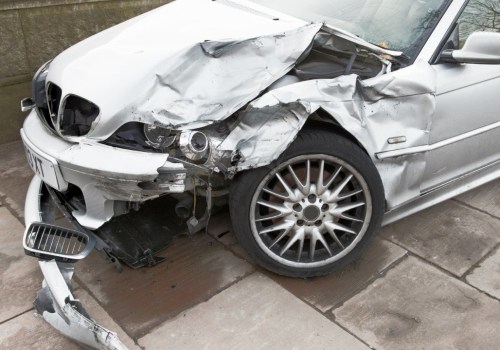The most important are liability, comprehensive and collision coverage. We'll call them the Big Three. Think of them as the basic coverage you can't afford to do without. Comprehensive: covers the cost of various damages to your car not caused by a collision, such as fire and theft.
As with collision coverage, you should choose a deductible. The higher the deductible you choose, the lower your premium. Comprehensive coverage is generally sold together with collision coverage, and both are often referred to as physical damage coverage. If the car is leased or financed, the leasing company or lender may require you to have physical injury coverage, even if state law doesn't require it.
The four types of insurance that most financial experts recommend are life insurance, health insurance, auto insurance and long-term disability insurance. The most important coverage has to be your state's minimum liability and property damage coverage. More than anything else, you need to maintain car insurance to be able to drive legally. You risk losing your driver's license and receiving fines for driving without it.
If you find yourself in an accident without liability coverage, you could face huge penalties, including bills for the damage you caused. Health insurance is arguably the most important type of insurance. Renters insurance covers you against damage or theft of personal items in an apartment and, in some cases, your car. To get additional liability insurance over and above your base auto and home insurance policies, consider taking out a supplemental insurance policy.
If you're injured and unable to work, disability insurance will reimburse you for lost income. Even if you are at fault for the accident, your collision coverage will reimburse you for the costs of repairing your car, minus the deductible. The best and least expensive option for salaried employees is usually to participate in your employer's insurance program, if your employer has one. Collision coverage is paid when you damage your vehicle in a collision, whether with another vehicle, a tree, or a mailbox; it doesn't matter.
Bodily injury liability coverage applies to injuries that you, the designated driver or policyholder, cause to another person. Some states require PIP as part of their “no-fault” car insurance laws, while in other states you can purchase PIP as an optional type of coverage. While different states have different mandates for auto insurance, most basic auto policies consist of six types of coverage. If you want to reduce costs, choose a higher deductible amount, which is the amount you'll pay out of pocket if you file an insurance claim.
These are the most important types of insurance that provide enormous financial relief for very realistic scenarios. This coverage reimburses you for the loss caused by theft or damage caused by something other than a collision with another car or object. On the other hand, there are many people who think that they have nothing to worry about and that they will probably never need one of the many types of insurance that exist.



